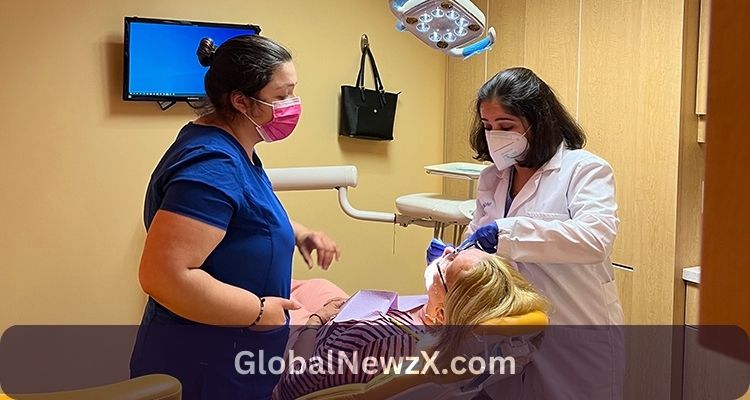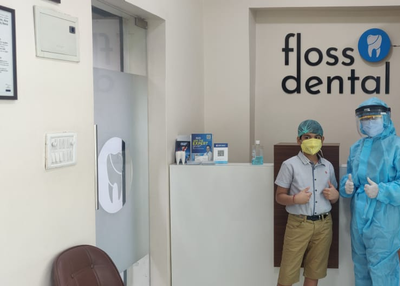Navigating Immunogenicity Challenges: The Crucial Role of NAB Assay Validation
In the realm of drug development, immunogenicity assessment is paramount to understanding the safety and efficacy of therapeutic proteins. This section explores the criticality of NAB assay validation, shedding light on the key parameters involved in ensuring accuracy and reliability.
Precision and Specificity: Unveiling the Essentials of ELISA Assay Validation for Immunogenicity Testing
As drug development progresses, the need for validated assays becomes more pronounced. This segment delves into the nuances of ELISA assay validation, emphasizing the importance of precision and specificity in immunogenicity testing.
In the intricate landscape of drug development, the validation of assays for immunogenicity assessment is a linchpin for ensuring accurate and reliable results. This article unravels the significance of both NAB Assay validation and ELISA assay validation, highlighting the essential parameters that pave the way for robust drug development.
Navigating Immunogenicity Challenges with NAB Assay Validation
The emergence of immune responses against therapeutic proteins underscores the need for meticulous immunogenicity assessment. Next-Generation Bioanalytical (NAB) assay validation becomes a cornerstone in this process. The level of validation required is contingent upon associated risks and the stage of drug development. In the initial stages, a partial validation may suffice, focusing on specificity, precision, and sensitivity. However, as pivotal and post-marketing studies unfold, fully validated NAB assays become imperative.
Key Parameters in NAB Assay Validation
NAB assay validation encompasses a spectrum of parameters critical for demonstrating its suitability for quantitative measurements. Specificity and selectivity, sensitivity, precision, cut point determination, reproducibility, and robustness stand out as primary pillars. The cut point, a fundamental element, determines the positivity of study samples. If treatment-naive samples are unavailable during pre-study validation, alternative samples may be used, but subsequent validation with appropriate study samples is essential.
Precision and Specificity in ELISA Assay Validation
In tandem with NAB assays, ELISA assay validation plays a pivotal role in immunogenicity testing. Precision, specificity, and sensitivity are paramount parameters in ELISA assay validation. The FDA recommends evaluating precision over multiple days with minimum analytes, ensuring intra-assay precision with a sufficient number of preparations, and including positive and negative controls at different levels within the dynamic range.
Challenges and Considerations in Assay Validation
Assay validation is not a one-size-fits-all process. Changes to previously validated methods may occur over time, and provisions should be in place for retesting with modified validated methods. Critical testing parameters, such as temperature and incubation times, demand validation to ensure expected performance. Robustness, an often-overlooked aspect, should be tested during development to control assay variability.
Instrument Variability and Additional Validation Parameters
As drug development employs diverse instruments, additional validation parameters become crucial. Surface plasmon resonance assays, for instance, necessitate surface stability validation upon regeneration. The strength and efficiency of labeled reagents should be established, and assay robustness should be a focus during development.
In Conclusion
The validation of NAB and ELISA assays is a linchpin in immunogenicity assessment, ensuring the accuracy and reliability of results in drug development. Precision, specificity, and other crucial parameters pave the way for robust diagnostics and therapeutic advancements. As drug developers navigate the complexities of immunogenicity, the synergy between rigorous assay validation and innovative drug development becomes the driving force in elevating patient care and advancing medical science.










